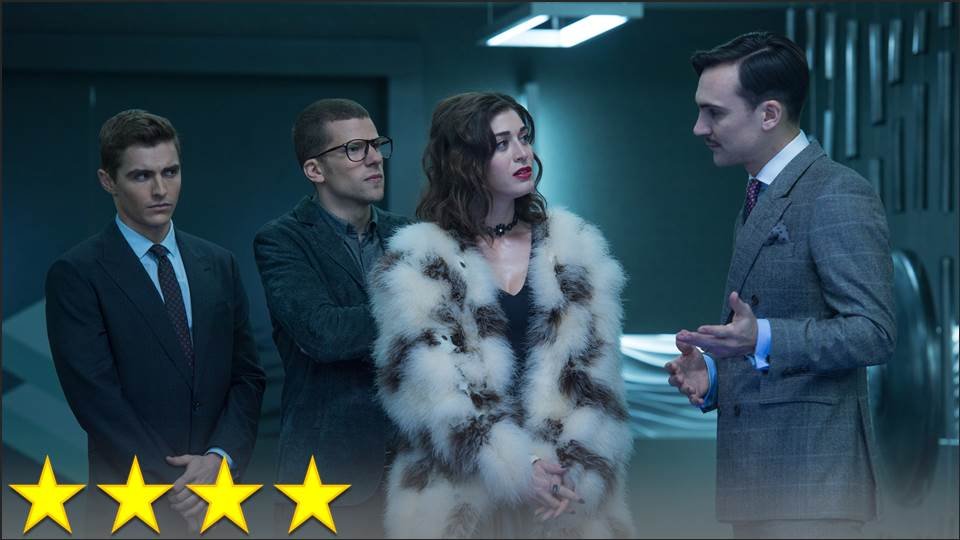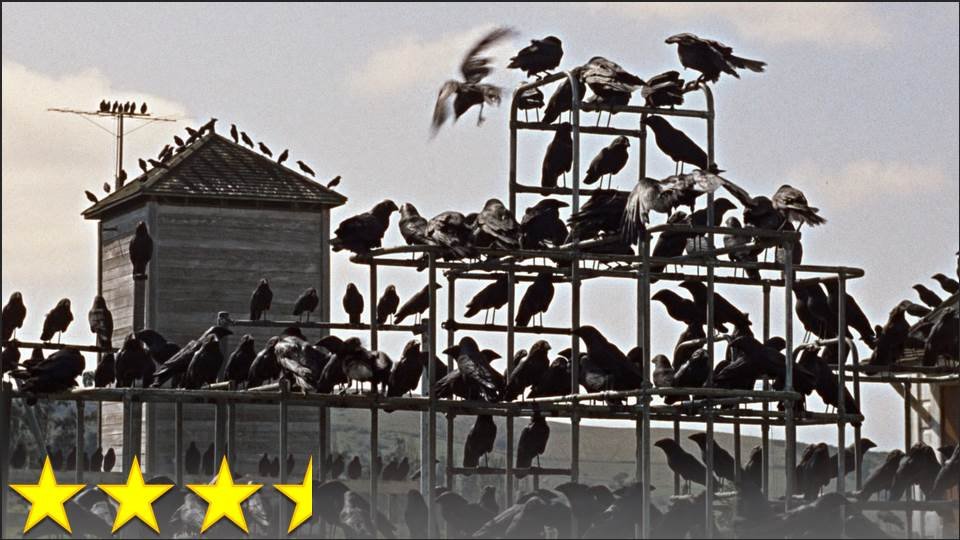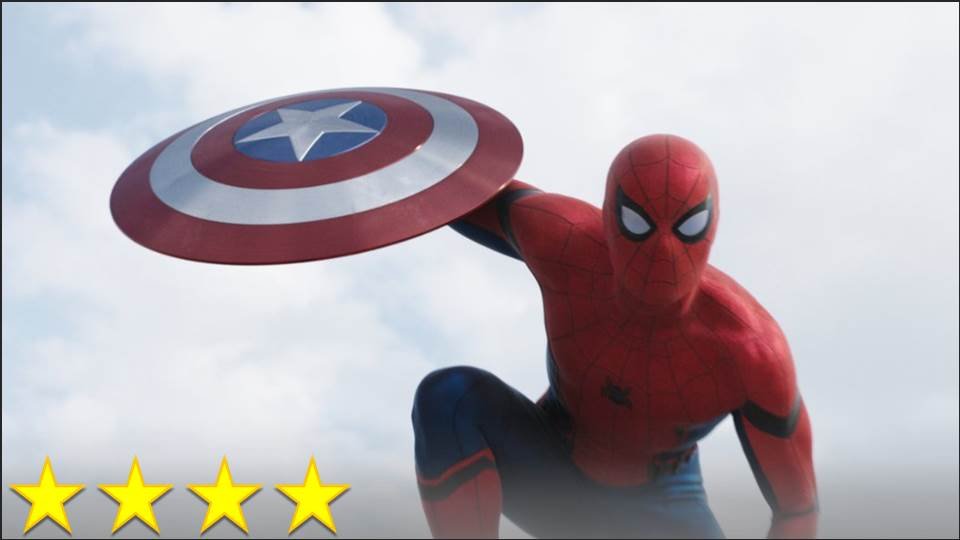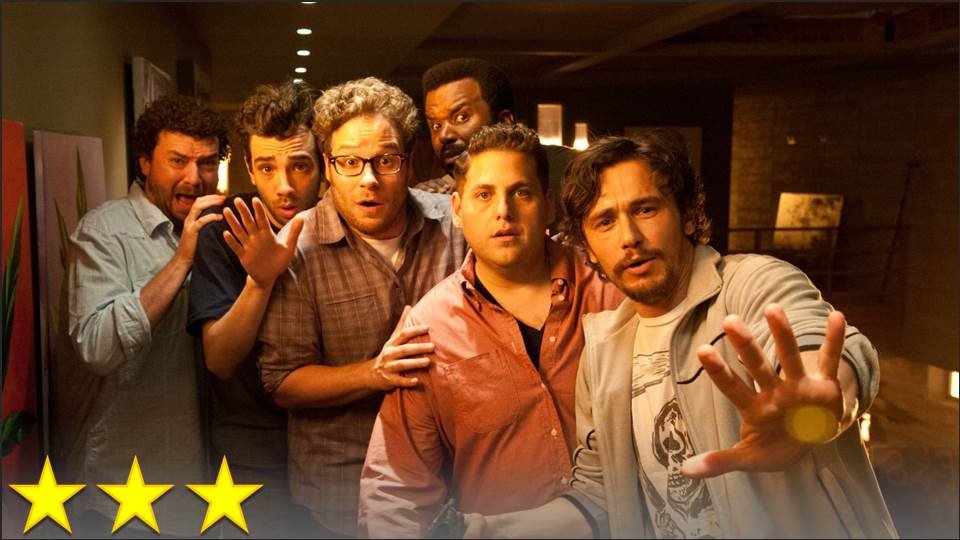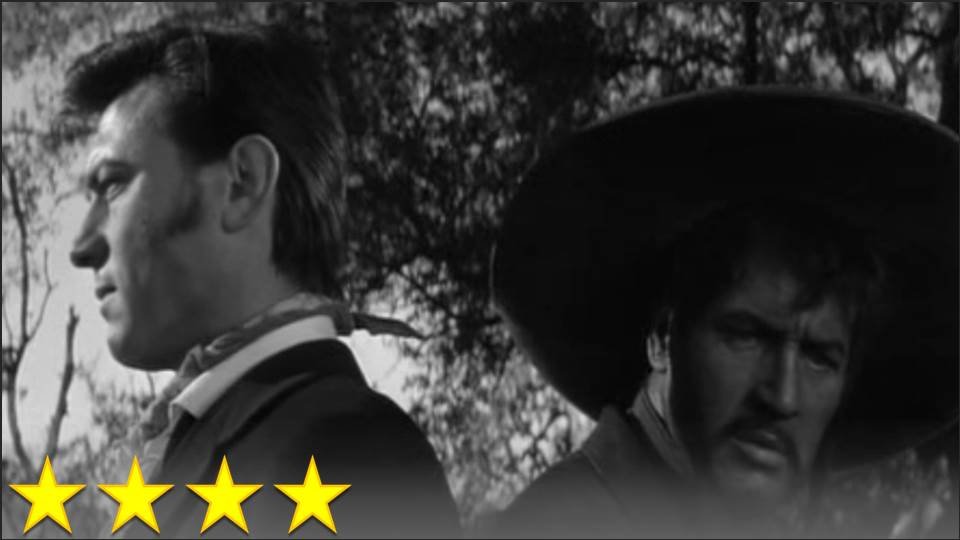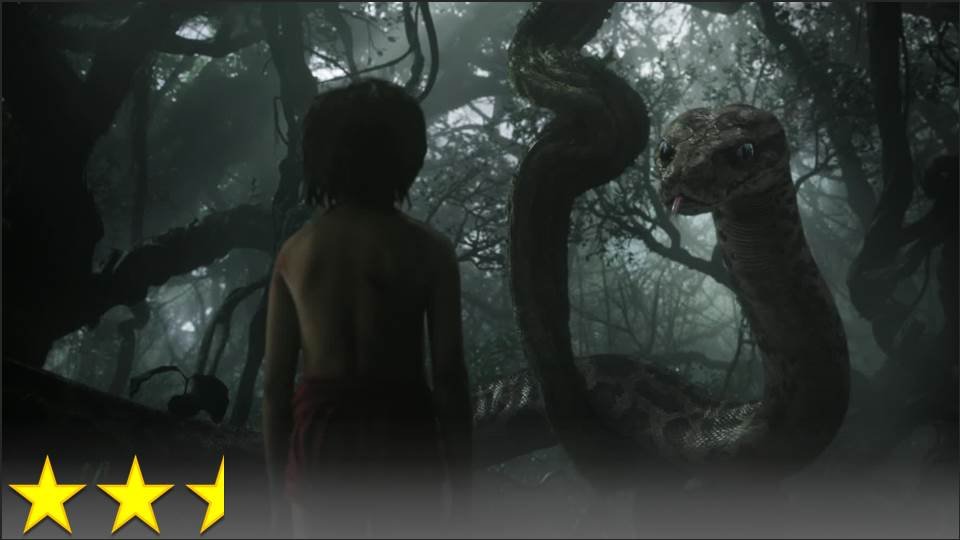Oh, shut up.
Why is it that everyone (encompassing the world’s audiences, the world’s critics, and the world’s John Olivers) is acting as though this movie is worthless? Well, I think there’s a certain psychological effect – I’ll call it “Sequel Blindness” – at work here. I remember being stunned by the reviews that Muppets Most Wanted received, because the movie was getting hammered for problems that were worse in its universally acclaimed predecessor: the overuse of fourth-wall jokes, the cliché plot, and the “kiddie” vibes. Somehow, the critics were willing to overlook these flaws in the first film because that was the Muppets’ comeback to cinema after a twelve-year hiatus, but once they were used to Muppets being in movies again, they could suddenly see all of the problems that they missed before, but they only saw them when they came to the franchise for a second time. This is the effect of Sequel Blindness: when a sequel makes critics rethink the franchise by bringing them back to it after time to reflect on the predecessor, allowing flaws in the franchise to become more noticeable, prompting them to erroneously attribute the flaws to the sequel. While the original Now You See Me got very mixed reviews, I still think this is what happened with Now You See Me 2.
Don’t get me wrong – the movie has its flaws and its fair share of scenes that make no sense, so I wouldn’t call it an excellent film. It is, however, a good film, that feels like it’s allowed to make no sense since the first one didn’t make sense. In the original Now You See Me, the “girl Horseman” walks into a bubble and starts floating around in it, which is followed by flashlights changing the numbers on pieces of paper in perfect synchronicity with the magicians’ act. This impossibility is presented because the filmmakers wanted to do a movie that showcased the tricks that might become possible to pull off at some point in the future, but when the sequel contains equally implausible feats, critics complain that there’s no point in asking how the tricks were done (even though that was never the point of the franchise).
I do wish the reviews would focus more on the ways in which this movie improves on its predecessor. It has more emotion and heart, and in a way that I actually think was done acceptably. It has better comedy – particularly in one of Daniel Radcliffe’s scenes that made me laugh hysterically. It has a better “girl Horseman” by far, and I’d happily watch Lizzy Caplan’s character in her own spin-off. So stop complaining about the movie. It’s stupid in many ways, I must admit, but it’s a fun kind of stupid, so just enjoy it.
